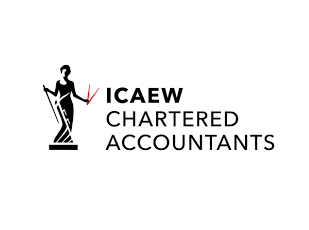Blog articles

An economic case for investing in climate action

Net zero: From good intentions to real change
Mark Bryant, Consultant for The Berkeley Partnership and the primary author of the Chapter Zero Board Toolkit, reflects on what he’s learned from his experiences of helping clients on their journey to net zero.

Finance is critical to transition
Finance has a critical role to play in both enabling and accelerating the climate transition. That is why Chapter Zero has launched its UK Financial Services Community, says Chapter Zero Strategic Advisor, Mark Manning.

ESG reporting: what can a robust approach teach you about your business?

A new scale of climate ambition for the UK
The UK’s target to reduce emissions by 81% on 1990 levels by 2035 indicated new commitment and leadership by the UK in tackling the climate crisis, says Chapter Zero CEO, Vicky Moffatt.

COPs drive private sector action
Climate COPs, biodiversity COPs and even desertification COPs have brought governments together; they have also given the planet a seat at the table. But let’s not forget that these occasions also drive private sector action, says Chapter Zero Senior Advisor Matt Scott.

Don’t go it alone: collective impact delivers change on climate
Chapter Zero co-founder and board member, Susan Hooper (and company board non-executive director and Chair), participated in a Winmark panel where she emphasised the importance of policy, leadership and collaboration in driving companies’ sustainability initiatives.

Chapter Zero FT campaign: resonance and achievement
At the close of Chapter Zero’s six-week campaign in the Financial Times, Julie Baddeley, Chair, reflects on the growth in board attention on climate since Chapter Zero was established in 2019, and how well the messages in the ads have resonated with members and non-members alike.

Climate action: a fiduciary responsibility for NEDs
Understanding the impact of climate change and addressing it is a fiduciary responsibility for NEDs, says Chapter Zero Fellow Laurel Powers-Freeling. So, they must own it.

Insurance – bullish on new products but realistic on risks
We are already seeing the effects of climate-related uninsurable risks (or very high premiums associated with heightened risks), so the necessity for new products from the insurance market and for companies to reach net zero is high, says Chapter Zero Fellow, David Carlin.

Nature Disclosures will 'Become the Norm'
The final TNFD recommendations were launched at New York Climate Week 2023. Toby Roxburgh, ICAEW’s Sustainability Manager, Nature and Biodiversity, explains what this means and why it matters.

How Firms Can Prepare for the Anti-Greenwashing Rule
The FCA is expected to publish its policy statement on Sustainability Disclosure Requirements (SDR) for wealth, fund and asset managers in Q4 2023. Michael Johnson and Daniel Barry of KPMG UK offer five proactive steps for firms to consider.
